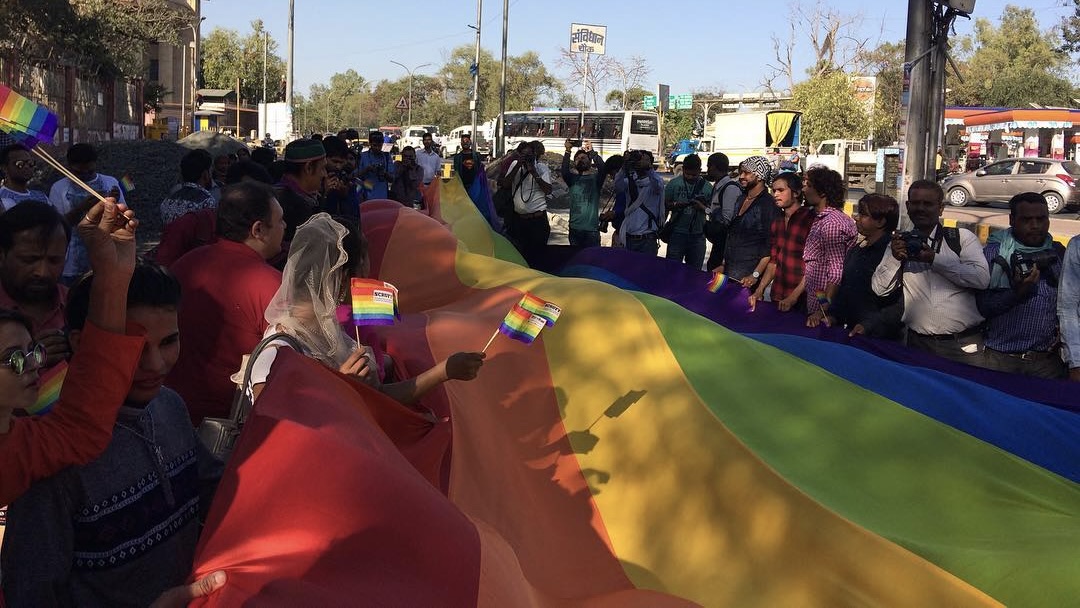Gay marriage a matter of ‘seminal importance’ says India’s Supreme Court
A ruling is now expected in April.

India’s Supreme Court has said that gay marriage is a matter of “seminal importance.”
On Monday (13 March) it passed the matter on to a five-judge group who will rule on the matter in April.
The Independent reported that Chief justice DY Chandrachud, one of the three judges behind Monday’s decision, said: “It is a matter of seminal importance.”
On Sunday, it was reported that the Indian government submitted papers urging the court to resist same-sex marriage.
The Ministry of Law also argued that marriage in India should be reserved for heterosexual relationships only.
“Living together as partners and having sexual relationship by same-sex individuals… is not comparable with the Indian family unit concept of a husband, a wife and children,” the ministry stated.
The government also described heterosexual marriage as the “norm throughout history.”
Additionally, the “foundational to both the existence and continuance of the State”.
Also, it argued the court cannot “change the entire legislative policy of the country deeply embedded in religious and societal norms.”
Currently, India does not recognise same-sex marriage but acknowledges the right of what is known as an “unregistered cohabitation”.
Gay sex was decriminalised in 2018, yet the topic of same-sex marriage remains a highly controversial topic ahead of Monday’s (13 March) Supreme Court hearing.
In Sunday’s 56-page filing, the government ruled the 2018 precedent cannot lead to the fundamental legal right to same-sex marriage.
Prime Minister Narendra Modi’s government faces at least 15 pleas from queer couples asking for marriage recognition.
“As petitioners we have received wide support from people from all walks of life and it does not seem to me that most Indians feel injured by the thought of some loving families getting legal rights,” case litigant, Uday Raj Anand, told Reuters.
“[Same-sex marriage] would cause complete havoc with the delicate balance of personal laws in the country”
“We can’t do so many things in the process of living together and building a life together,” they added.
The government then argued change to the legal structure should be dealt with by the elected parliament, not the court.
They added interference with current laws “would cause complete havoc with the delicate balance of personal laws in the country.”
If the court recognises same-sex unions, it would be a huge step forwards in LGBT rights in Asia.
Several Asian countries, like Japan and Singapore, have been gradually approaching increased acceptance of same-sex partnerships.
